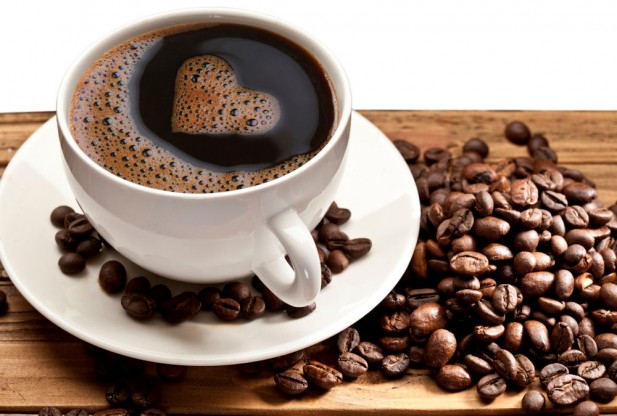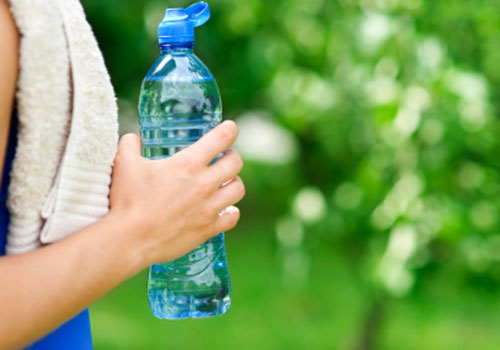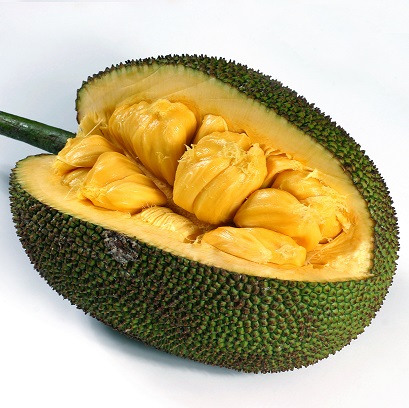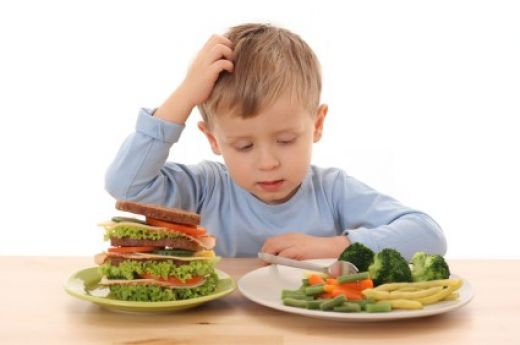
Our very famous beverage and a favourite of many- Coffee, loves to be in the limelight! Personally, I am not too fond of this beverage, but the deep love that people have for coffee kind of triggers me to research upon it more to find out what is so good about this Coffee?
Coffee, as we all know, is a major source of caffeine, the world’s most widely used stimulant drug. Tiny amounts of caffeine can do good to our health, whereas a lot of caffeine can harm it. After all, anything in excess is bad, isn’t it?
The wonderfully enticing flavour of Coffee (taste+aroma) and the stimulant property that it possesses attracts people towards it and makes most of them dependent on it (addiction, you see). It gives us more energy, makes us feel more alert, improves athletic performance and so on. It gives us a super kick which helps us stay up during our long meetings/long hours of studying or while working on the most tedious project. It’s like a rocket fuel that keeps us going! No wonder so many love it?
Hold on, there’s more to it, coffee also suppresses appetite, so many people drink it to lose weight. Ahem! Now that’s something which definitely grabs attention. But that’s certainly not a healthy way of losing those extra pounds.
As I mentioned, I am not a usual coffee drinker, but there was this one day when I ended up drinking more than 4 cups of coffee as I was deeply engrossed in a project work with my buddies. They were grabbing coffee during breaks and I got carried along. I noticed something peculiar about myself on that day. I was eating more than I usually did and it was quite annoying to feel so hungry so often.
It’s true that our hunger and appetite are controlled by what we eat and drink, including coffee. Coffee is an appetite suppressant, that’s what I was aware about and I am sure most of you must have heard of its appetite suppressing property.
Coffee contains phytochemical compounds called chlorogenic acids, an important group of biologically active and antioxidant dietary phenols. Fruits like apples, pears, strawberries, pineapple, etc. also contain these compounds. Chlorogenic acids have captured attention in the field of obesity as researchers suggest that they can help decrease hunger. Caffeine, by itself, often masks hunger and fatigue as it provides a short-term boost in energy and alertness.
Now the question is, why did I feel so hungry on the day I drank too much coffee? It’s not just me, I have got this from many of my clients too.
After digging to find out more about this mysterious coffee, I finally unlocked its mysteries.
Here’s the story-
Coffee affects many neurotransmitters and hormones (such as cortisol and insulin).
Drinking more than 250-700 mg of caffeine during the day can actually lead to anxiety, hypertension, insomnia and nervousness. All these factors may spark off stress-related emotional eating. Reasons for this- going overboard with caffeine over stimulates the central nervous system, and our body responds to it by triggering the adrenal glands to generate cortisol (stress hormone), which tells our body to increase its energy stores by consuming calories. Exactly, why we are in this constant search of food.
Moreover, caffeine stimulates the secretion of insulin. Increased insulin secretion can result in a drop in blood sugar levels, which again makes us feel hungry and increases food cravings.
Additionally, caffeine is a diuretic, it draws water from our body cells leading to increased urination and dehydration. Thus, it actually makes us feel thirsty, but somehow, we may confuse the thirst with hunger and tend to eat more. Thirst and hunger cues are similar, remember my previous blog? (http://goqii.com/blog/how-important-is-it-to-know-if-youre-thirsty-or-hungry/)
Thus, coffee’s mixed effects are highly driven by the type of coffee (caffeinated/decaf), the amount we drink, when we drink it, our overall biological makeup, and so on.
How do we go about this mysterious beverage?
I would say, low or moderate consumption of caffeine doesn’t cause any noticeable side effects. A moderate caffeine intake would mean, around 200 to 300 milligrams per day, which is equal to anywhere between 2-4 cups of coffee.
I will never ask you to give up your love for coffee, after all, it gives you that extra boost you need to get out of your closet (and probably get to the gym!). All I would reiterate again is ‘Anything in excess is bad, so control your intake of caffeine’.






